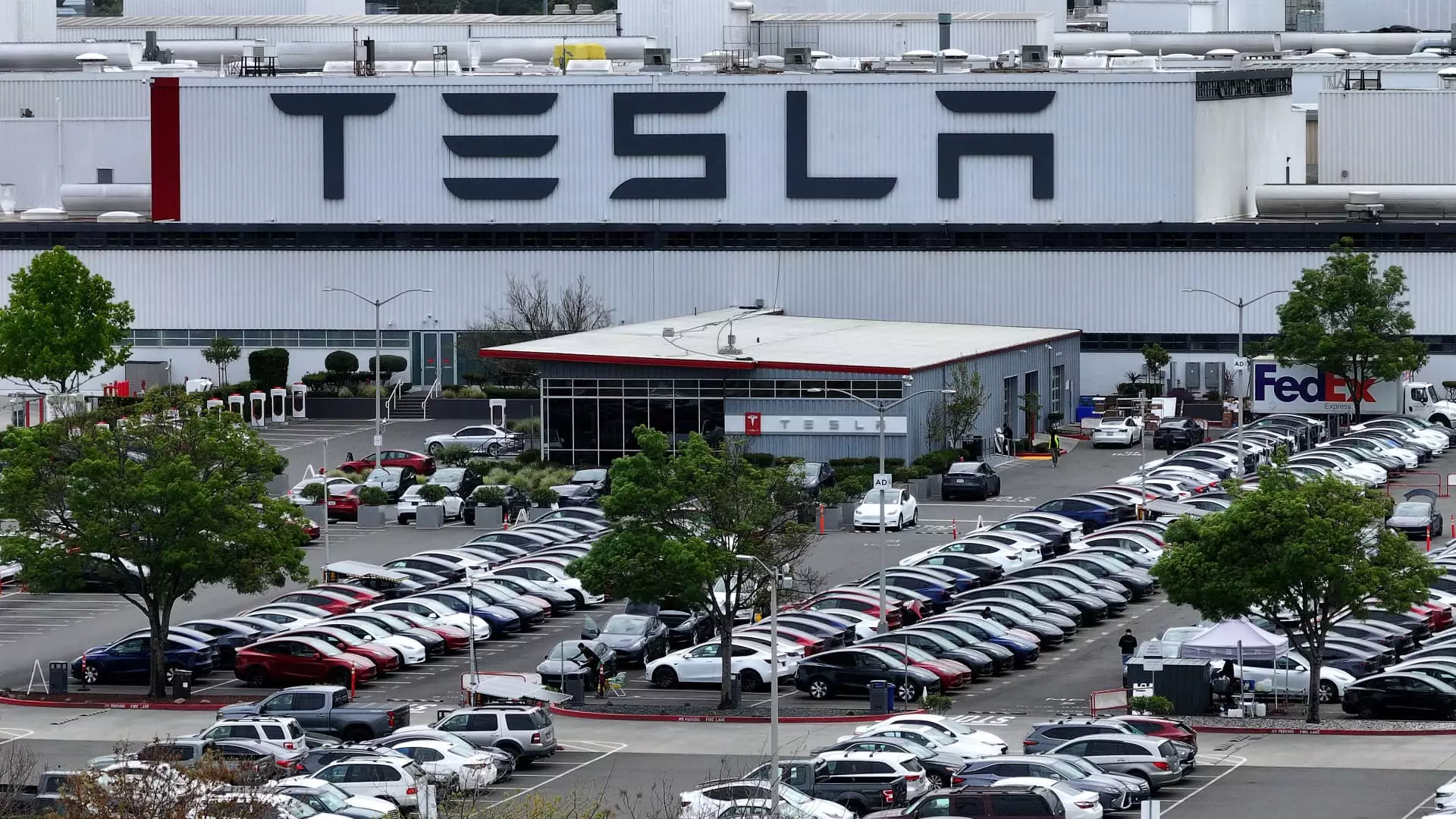Tesla is currently facing legal action from the nonprofit Environmental Democracy Project for allegedly failing to comply with the Clean Air Act at its assembly plant in Fremont, California. The lawsuit, filed in federal court in San Francisco, accuses Tesla of violating the law numerous times since January 2021, resulting in the emission of harmful pollutants into the surrounding neighborhoods.
Despite Tesla’s emphasis on the environmental benefits of electric vehicles, the company’s manufacturing practices have been criticized by environmentalists for years. In fact, Tesla ranked 89th on the 2023 Toxic 100 Air Polluters list, an annual study by the Political Economy Research Institute at the University of Massachusetts at Amherst. The Environmental Protection Agency fined Tesla $275,000 in 2022 for failing to properly measure, track, and maintain records of its emissions, as well as for not minimizing pollutants from painting operations at the facility.
Moreover, Tesla has faced legal scrutiny from 25 counties in California for its handling of hazardous waste at various facilities in the state. The company quickly settled these claims. In Germany, environmentalists have protested against Tesla’s deforestation practices and high water consumption for its factory outside Berlin. The recent lawsuit in California highlights ongoing environmental violations by Tesla, leading to excessive air pollution exposure for residents and employees in the surrounding area.
Tesla’s response to the lawsuit remains unknown, as the company did not immediately comment on the matter. The Bay Area Air Quality Management District, an environmental regulator, has accused Tesla of allowing unabated emissions in Fremont, which should have been prevented. The agency reported that Tesla has received 112 violation notices since 2019 and is now seeking an abatement order to enforce operational changes at the factory. The regulator emphasized the negative impact of frequent and recurring violations on public health and the environment.
The air pollution from Tesla’s assembly plant has been attributed to equipment breakdowns that allow emissions to be released into the air without proper filtration. Additionally, Tesla employees or contractors have been accused of disabling air pollution controls in the factory, particularly during paint shop equipment malfunctions. The paint shop is responsible for priming, painting, and coating vehicle bodies before final assembly. In the past, Tesla has also faced issues with fires in its facilities.
Tesla’s CEO, Elon Musk, has focused on the company’s value in terms of autonomy, emphasizing the role of Tesla in solving technological challenges. However, Musk has made controversial remarks, referring to climate activists as “communists” and sharing derogatory memes about them on social media platforms. This behavior has raised questions about Tesla’s commitment to environmental responsibility and sustainability.
Tesla’s legal battles and environmental controversies underscore the importance of corporate accountability and transparency. As an industry leader in electric vehicles, Tesla must prioritize environmental compliance and address the concerns raised by regulators and environmental groups to ensure a sustainable future for its operations.


Leave a Reply